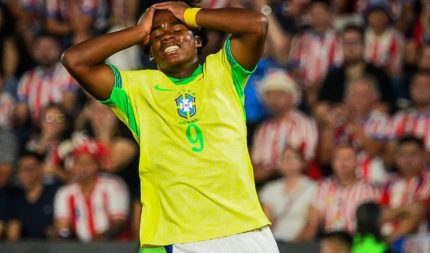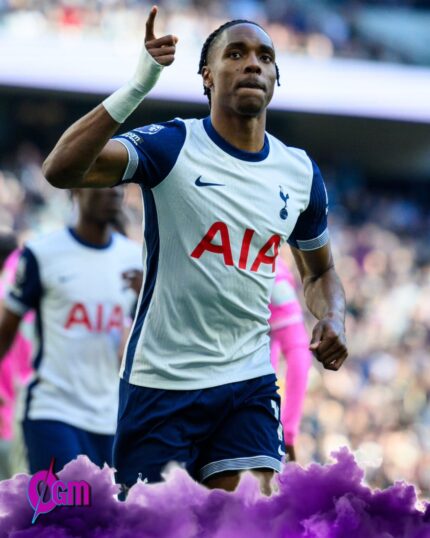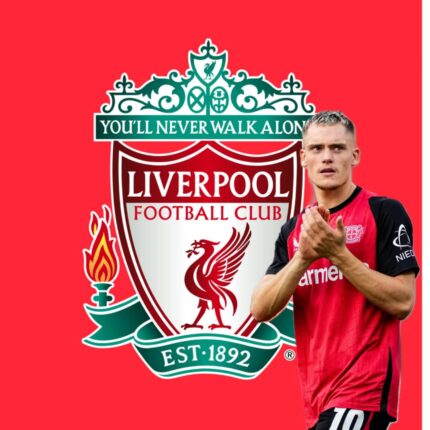Brazil’s 1-0 World Cup qualifying defeat to Paraguay was not an anomaly but the culmination of over a decade of gradual decline. Once the undisputed football powerhouse, Brazil now finds itself struggling to maintain its dominance. The result at Estadio Defensores del Chaco has raised alarms about the future of Brazilian football, a story that began in 2014 with the infamous 7-1 loss to Germany. This defeat was more than just a semifinal exit; it marked the beginning of Brazil’s slow and painful descent from the pinnacle of world football.
The 7-1 humiliation didn’t just hurt the players on the field; it reverberated across the entire football world. For years, Brazil had been synonymous with football excellence, but Germany’s demolition shattered that image. Although Neymar and Thiago Silva’s absences were notable, the extent of Brazil’s capitulation exposed a deep-rooted problem. The defeat cast a shadow that Brazil has yet to fully escape, and recent losses like the one to Paraguay suggest that the problems run deeper than one-off results.
The Impact of Globalization and the Shrinking Gap in Football
The globalization of football has brought with it significant changes, and Brazil has felt the impact. Once a dominant force, the team now faces fierce competition from countries that were previously considered second-tier footballing nations. Players from around the world are now competing at a higher level, and Brazil is no longer guaranteed supremacy. The gap between Brazil and other nations has closed, making shock defeats like the one against Paraguay more common.
Countries such as the United States and Italy have experienced similar setbacks, showing that traditional footballing powerhouses are not immune to failure. Brazil, however, has struggled to adapt to the evolving nature of international football. While countries like Argentina, France, and Spain have made adjustments to their playing styles and strategies, Brazil remains tethered to its past, reluctant to embrace necessary changes.
The Struggle to Move On From Tradition
Brazil’s rich football history, filled with legends like Pele, Ronaldo, and Ronaldinho, has become both a blessing and a curse. The nation continues to produce world-class players, yet it clings to a tradition that is increasingly viewed as outdated. The team’s inability to adapt has become glaringly evident, as even the presence of superstars like Neymar and Vinicius Junior has failed to bring consistent success.
For the past decade, Brazil has grappled with the aftermath of its 2014 World Cup embarrassment. Criticism has come not only from fans but also from former players, including Ronaldinho, who voiced concerns about the team’s direction. Expectations remain sky-high, with anything less than reaching the final considered a failure. However, Brazil’s struggles to meet these expectations have raised questions about whether it can return to its former glory.
The Neymar Era and Brazil’s Recent Failures
In the years following the 7-1 loss, Brazil has continued to falter on the international stage. Despite Neymar’s presence in the squad, the team has suffered disappointing exits in the quarterfinals of the 2018 and 2022 World Cups. Although Brazil won the 2019 Copa America, Argentina’s recent dominance, including their victories in 2021 and 2024, has overshadowed that achievement.
The current team faces a variety of challenges. Neymar’s influence is waning, and the squad lacks the depth and quality that characterized previous generations. Manager Dorival Junior’s bold prediction of reaching the 2026 World Cup final now seems far-fetched, especially following the loss to Paraguay. Brazil’s struggles to move past its World Cup failures have only deepened, with no clear path to reclaiming its status as the king of world football.
The Soft Underbelly: Brazil’s Midfield and Defensive Woes
Brazil’s issues are not limited to its attack; the midfield and defense have also come under scrutiny. In the defeat to Paraguay, Brazil’s midfield trio of Andre, Bruno Guimaraes, and Lucas Paqueta failed to control the game. With veteran midfielder Casemiro’s form declining and the absence of a commanding defensive partner for Marquinhos, Brazil’s defense has become vulnerable. Gabriel’s mistake, leading to Paraguay’s match-winner, exemplifies the defensive uncertainties that have plagued the team.
The absence of a cohesive midfield and a solid defense is a significant concern as Brazil prepares for the 2026 World Cup. While Brazil still boasts individual talent like goalkeeper Alisson and attacker Vinicius Junior, the team’s overall balance is lacking. Without addressing these weaknesses, Brazil’s prospects of winning a sixth World Cup title remain bleak.
A Legacy in Crisis: Brazil’s Search for Identity
At the heart of Brazil’s struggles lies an identity crisis. Unlike other footballing nations, Brazil’s legacy is tied not just to winning but to playing with a distinctive style, famously known as joga bonito — the beautiful game. This style, characterized by flair, creativity, and technical brilliance, has become increasingly difficult to maintain in modern football. The pressure to not only win but to do so with elegance has burdened the team, making its current struggles all the more pronounced.
In today’s football landscape, fewer opportunities exist for Brazil to measure itself against top-tier competition from other continents, further complicating its quest to rediscover its identity. As the team heads into the 2026 World Cup cycle, the journey to reclaim its throne seems more uncertain than ever. Brazil’s decline from football royalty to an embattled contender is a sobering reminder of how quickly the game can change.
Brazil’s once-unassailable dominance in world football has been challenged over the past decade, marked by shocking defeats and a reluctance to adapt to modern football’s demands. The team’s recent loss to Paraguay in the World Cup qualifiers is not an isolated incident but part of a broader trend of decline. If Brazil is to regain its place at the top, it will need to not only embrace tactical evolution but also rediscover the spirit that made it a global football icon.














